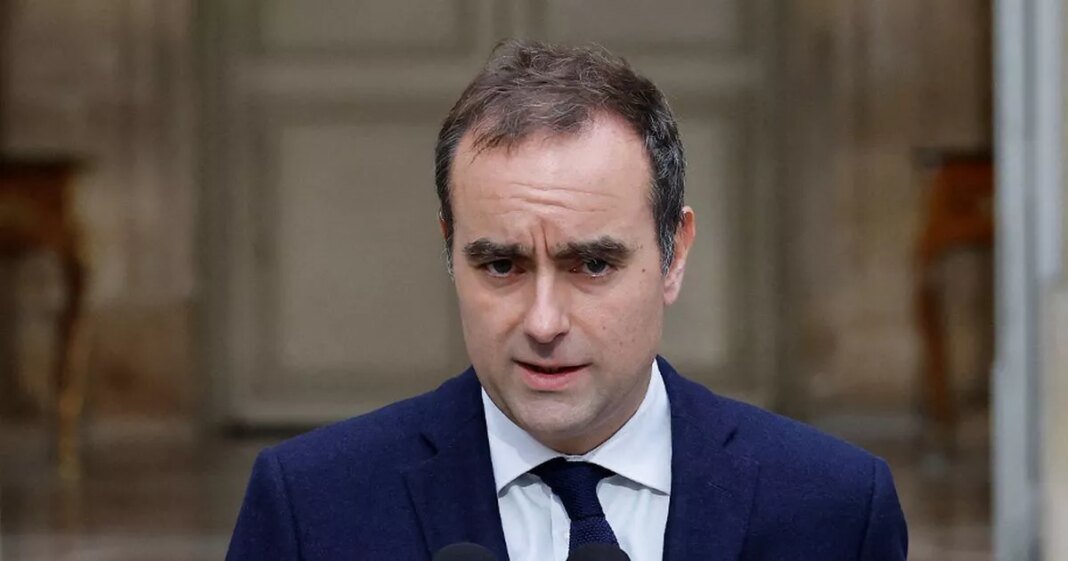Emmanuel Macron has reinstated Sebastien Lecornu as Prime Minister today following his recent resignation. The French President has tasked the PM with forming a new government and devising a budget to break the country’s political impasse. Lecornu’s reappointment came after intense negotiations and less than a week after his initial resignation due to internal conflicts within his government.
France is grappling with increasing economic challenges and rising debt levels. This appointment is viewed as a crucial move for Macron to rejuvenate his second term, which extends until 2027. With a lack of majority in the National Assembly, Macron is facing growing criticism and limited maneuvering space. The announcement of Lecornu’s reappointment was made in a brief statement from Macron’s office, a month after the initial appointment and four days post his resignation.
In a social media statement, Lecornu expressed his acceptance of the new role out of a sense of duty. He emphasized his commitment to delivering a budget by year-end and addressing the daily concerns of French citizens. Lecornu outlined that members of the new government must forego aspirations to run for president in 2027, highlighting that the new Cabinet will embody renewal and a diverse set of skills.
Following his sudden resignation on Monday, Lecornu withdrew hours after unveiling a new Cabinet that faced opposition from a crucial coalition partner. Calls for Macron’s resignation or parliament dissolution ensued but were left unanswered. Macron later announced his intention to appoint a successor to Lecornu within 48 hours.
During discussions with political party leaders at his request, uncertainty loomed over Macron’s next steps. Concerns were raised that selecting another prime minister from Macron’s fragile centrist camp might face rejection by the lower house of Parliament, prolonging the crisis.
Over the past year, Macron’s minority governments have collapsed swiftly, leaving France in political limbo amidst a debt crisis. France’s public debt stood at 3.346 trillion euros, equivalent to 114% of GDP by the end of the first quarter of 2025. The country’s poverty rate reached 15.4% in 2023, the highest since 1996, intensifying economic and political woes.
The National Rally and France Unbowed, the two main opposition parties in the National Assembly, were excluded from the recent discussions. While the National Rally calls for fresh elections, France Unbowed demands Macron’s resignation.
Lecornu suggested earlier that a coalition government could still be formed with Macron’s centrist bloc, allies, and parts of the opposition. Compromises will be crucial for the PM to avoid a vote of no confidence and potentially scrap the unpopular pension reform, a key policy of Macron’s second term.
The ongoing political impasse originated from Macron’s surprising decision to dissolve the National Assembly in June 2024, leading to a hung parliament after snap elections. The deadlock has unsettled investors, frustrated voters, and hindered efforts to control France’s escalating deficit and debt.
Macron’s governments have faced instability and crises, collapsing amid attempts to gain support for unpopular fiscal measures. Lecornu’s swift resignation after unveiling his Cabinet underscores the fragility of Macron’s coalition amidst deep political divisions and personal rivalries.

